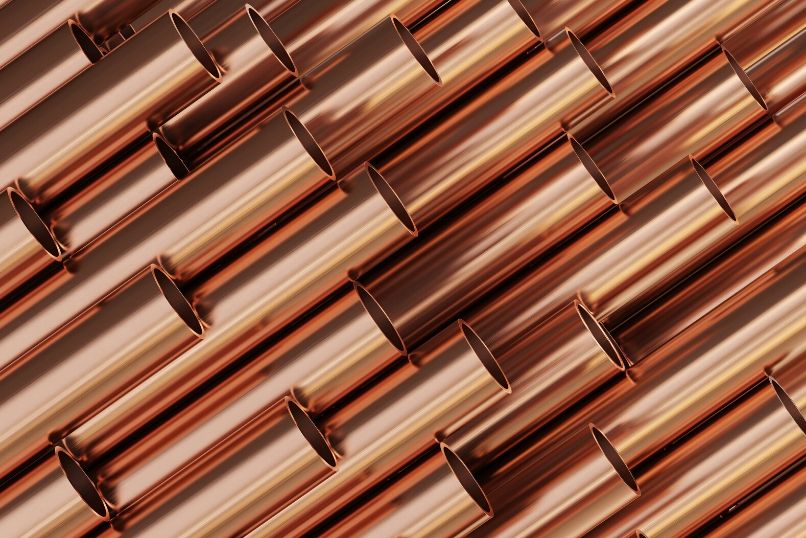A good bearing design is essential for a functional piece of equipment. You will need to assess the conditions you expect the bronze bearing materials to work in order to best decide on the right material. This can be a bit difficult to predict, but an informed estimation is better than a random guess. Another key piece of information is to estimate the form of lubrication that will be used. This is easier to know in advance. Knowing each of these pieces of information can help you identify the best bearing material to choose. These pieces of information factor into ensuring the chosen bronze alloy will bring the best possible performance.
Decipher which material properties are most important
Each metal alloy has different defining properties that make the specific metal ideal for certain situations and applications. Before deciding on a bronze bearing material, you should look into which properties are most important for you to have for your specific application. Some popular properties are a good scoring resistance, ability to absorb small particles, low friction, high compressive strength, and corrosion resistance. Other factors that make a difference are often cost and availability of the metal. An example of a bronze bearing material is c51000 bronze. This metal alloy is a tin bronze that has certain amounts of copper, tin, and phosphorus. It is ideal for its corrosion resistance, strength, and high ability to resist wear and stiffness.
For all your bronze bearing material needs and to field any questions you may have about which metal alloy is the best choice for your bronze bearings, contact Wieland Diversified. Our professionals work to get you the perfect product for your project.

